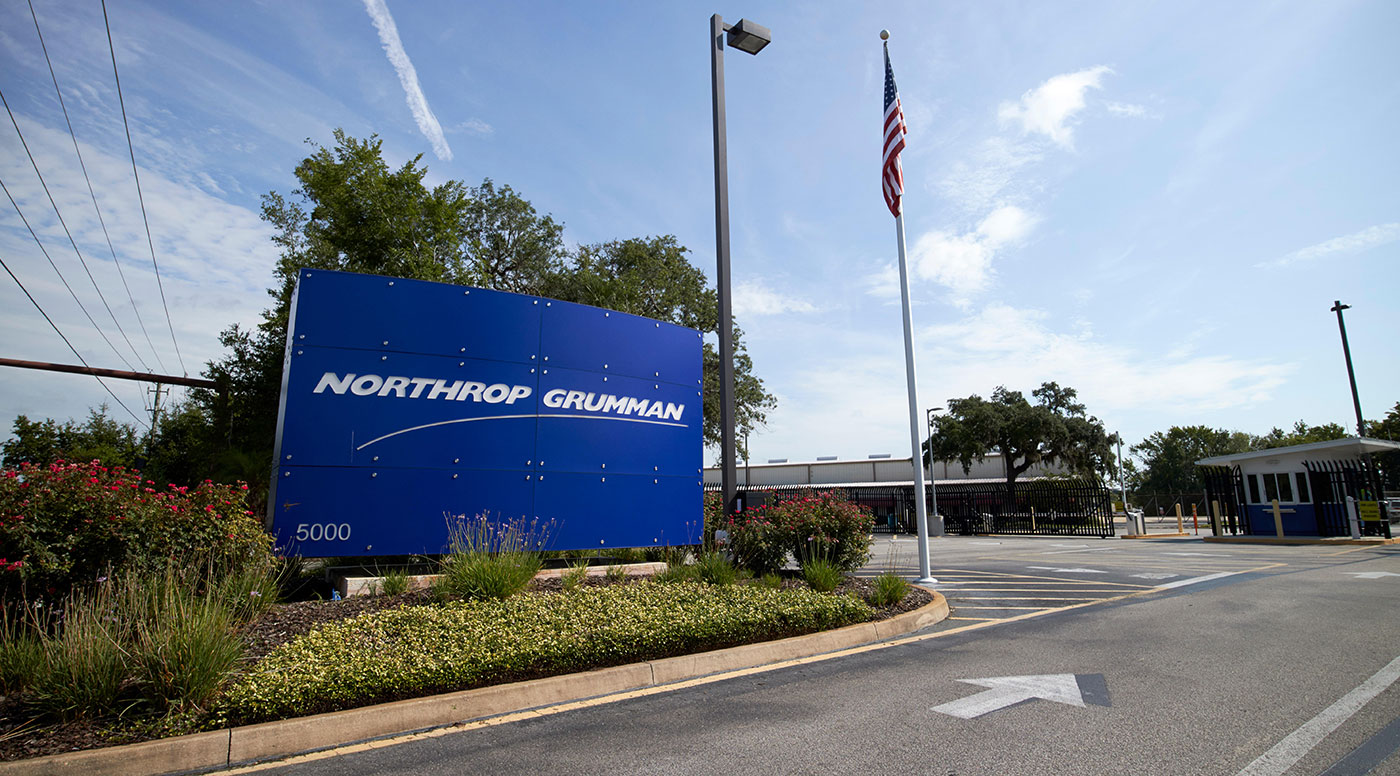Background
The IRS engineering organization plays a vital role in integrating IRS business systems with the infrastructure. When business applications require new capabilities, engineers conduct detailed assessments to determine the changes needed to the infrastructure. Through these impact studies, budgets are generated, and plans are formulated. Any misstep in the process could lead to costly overruns and schedule delays.
Challenge
At the end of 2017, Congress passed the Tax Cuts and Jobs Act, which was the largest overhaul of the tax code since 1986. Expecting that more than 120 IRS systems would be affected, the IRS knew its processes and procedures would need streamlining in order to handle the unprecedented volume of change requests and impact assessments.
- Services







